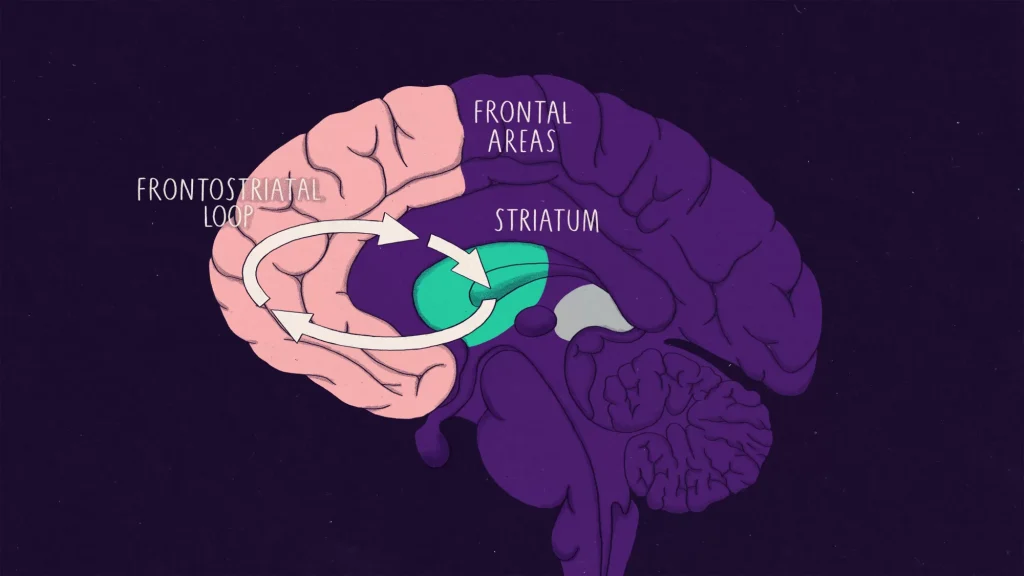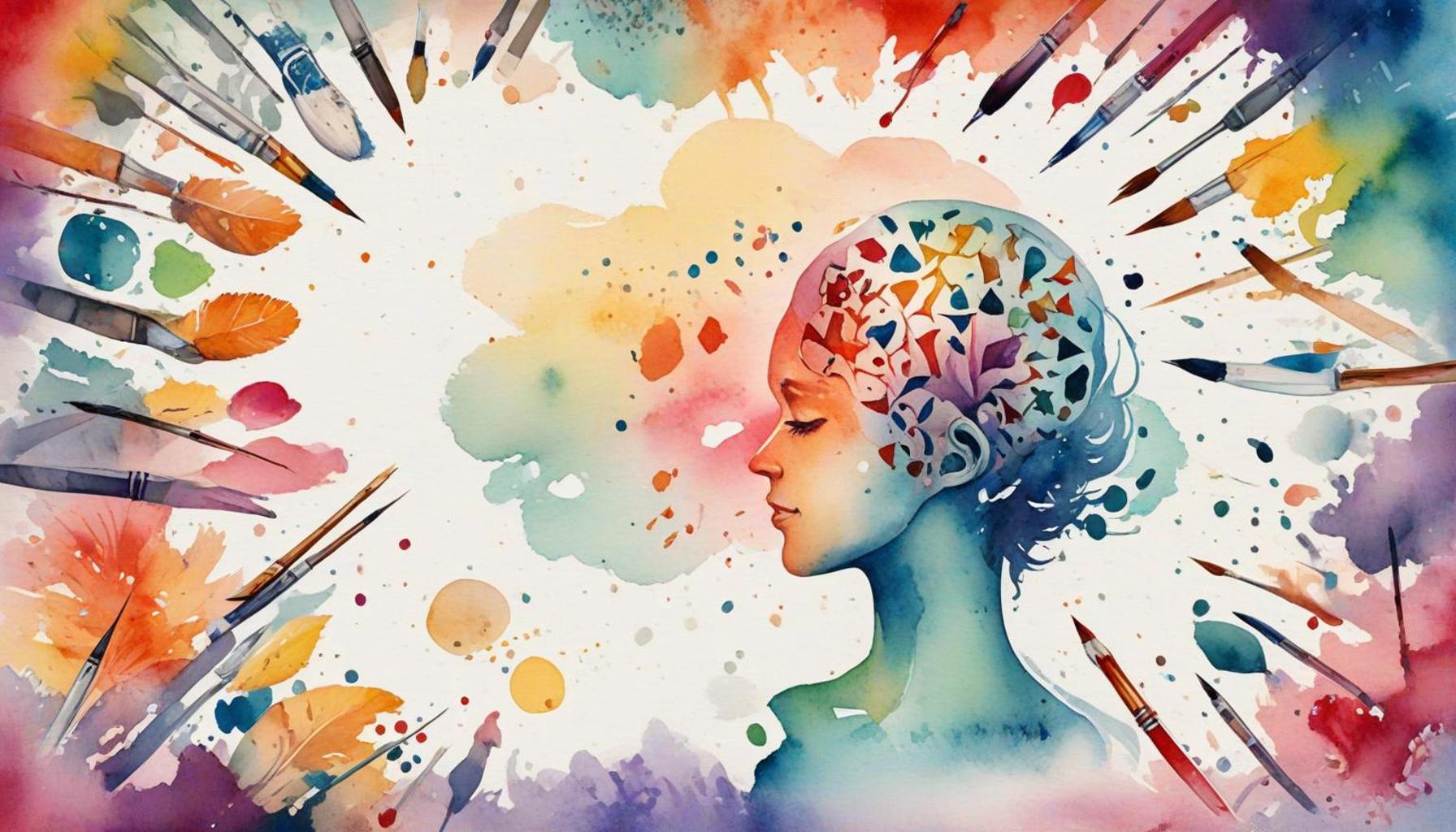Influence of Brain Games on Cognitive Reaction Time Key Insights

The Benefits and Mechanics of Brain Games in Enhancing Cognitive Reaction Time
In an age characterized by rapid technological advancement and constant information overload, maintaining sharp mental faculties is crucial. Many individuals, especially in dynamic environments like Nigeria, are becoming increasingly aware of the role that cognitive function plays in navigating daily challenges. As a result, brain games are gaining prominence not merely as entertainment but as effective tools for improving cognitive abilities, particularly cognitive reaction time.
One of the most compelling aspects of brain games is their variety of formats. This diversity means that there is something for everyone, regardless of age or preference. For example, puzzles such as crosswords and Sudoku test problem-solving skills, while trivia games enhance knowledge retention and recall. Strategic board games like chess demand foresight and planning, fostering decision-making skills. In cities like Lagos and Abuja, local game cafes have transformed into popular hangouts, allowing friends and family to experience these mental workouts together.
Moreover, the accessibility of brain games on multiple platforms has made it easier for everyone to engage in cognitive training. Mobile apps like Lumosity and Peak offer tailored exercises that can be played on the go, whether you are commuting via the BRT in Lagos or taking a break at work. Web-based platforms provide similar opportunities, often hosting community challenges that encourage social interaction while also sharpening mental acuity.
Perhaps most significantly, the engagement and fun factor cannot be overlooked. The enjoyable nature of these games keeps individuals coming back for more, promoting consistent practice. Research has shown that regular engagement with brain games can lead to heightened cognitive speed, as they stimulate various areas of the brain. A study conducted by the University of Western Australia revealed that participants who engaged in brain training showed marked improvements in their reaction times and cognitive flexibility, essential skills in decision-making and everyday life.

For readers in Nigeria, the implications of enhancing cognitive performance through brain games can be profound. Improved reaction times can lead to better academic performance for students and heightened job efficiency for professionals in competitive fields. Furthermore, as the country continues to evolve rapidly, such cognitive enhancements can prepare individuals to face emerging challenges with confidence.
In conclusion, the impact of brain games on cognitive reaction times is a topic worthy of exploration. As we delve into the specifics of how these games can transform mental agility, we invite you to consider incorporating them into your daily routine. Engage with them not just for entertainment but as a means of fostering lifelong cognitive health.
CHECK OUT: Click here to explore more
Cognitive Science Behind Brain Games
Understanding the influence of brain games on cognitive reaction time requires delving into the science of how our brains process information. Cognitive reaction time refers to the speed at which we can perceive, comprehend, and respond to stimuli. This comprises several components, including sensory processing, decision-making, and motor response. Brain games are designed to test and enhance these cognitive processes, consequently improving reaction times.
The key lies in neuroplasticity, the brain’s ability to reorganize itself by forming new neural connections throughout life. When engaged in brain games, individuals stimulate their cognitive functions, which not only improves reaction times but can also foster long-term cognitive health. The consistent practice of challenging tasks has been shown to increase the efficiency of neural pathways, leading to quicker responses when faced with real-life situations.
Several studies support these claims, revealing that participants who regularly engage with brain games exhibit notable improvements in their reaction times. One such study by the University of Cambridge highlighted that older adults who played brain training games experienced an up to 40% faster response rate in cognitive tasks than those who did not partake in such activities. This data illustrates the significant potential of brain games as a tool for cognitive enhancement.
In Nigeria, where the educational landscape is increasingly competitive, the benefits of improving cognitive reaction times can be particularly pronounced. Mind games can play a vital role in academic settings, equipping students with the sharpness needed for standardized tests, quick decision-making in group projects, or even participating in academic competitions. Furthermore, professionals in high-stakes environments—such as banking, technology, or healthcare—can gain an edge in their careers by honing their cognitive reactions through these engaging games.
To better understand the impact of brain games on cognitive reaction time, let’s explore the various types of games available and their specific benefits:
- Puzzle Games: Games like crossword puzzles and Sudoku enhance problem-solving skills and foster analytical thinking.
- Memory Games: Activities designed to improve memory, such as matching games, directly influence recall abilities and cognitive agility.
- Strategic Games: Games like chess and checkers develop planning skills and foresight, crucial for effective decision-making.
- Speed-Based Games: Fast-paced games require quick thinking and rapid responses, beneficial for enhancing overall cognitive speed.
These various forms of brain games provide individuals with exciting yet educational ways to improve cognitive reaction time. In a bustling metropolis like Lagos or a vibrant city like Abuja, integrating these games into your daily routine can lead to substantial mental benefits. As you challenge yourself through these engaging formats, you are not just having fun but also taking proactive steps toward enhancing your cognitive health.
Exploring the Connection Between Brain Games and Cognitive Reaction Time
Brain games have gained immense popularity over recent years, primarily due to their potential in enhancing cognitive abilities such as reaction time. As people increasingly seek ways to improve their mental performance, understanding the influence of brain games on cognitive reaction time becomes paramount.
Understanding Cognitive Reaction Time
Cognitive reaction time is defined as the time it takes for an individual to respond to a stimulus with a meaningful action. This skill is critical in everyday scenarios, from driving to decision-making in high-pressure environments. Enhancing this aspect can significantly improve overall performance, making brain games a valuable tool. Games that foster quick thinking and fast reactions, such as puzzles and memory tasks, stimulate the brain’s processing speed, ultimately leading to a more agile mind.In recent studies, participants engaged in various brain training exercises showed measurable improvements in their cognitive reaction times. These improvements are typically attributed to the neuroplasticity of the brain — its ability to reorganize and adapt by forming new neural connections. Regular engagement in mentally stimulating activities, including brain games, encourages this agility.
The Benefits of Brain Games
Not only do brain games target cognitive reaction time, but they also promote several other valuable skills. For instance, they can enhance memory, critical thinking, and problem-solving abilities. Many players find that consistent practice leads to increased confidence and a better mood, as the brain releases endorphins during gameplay.Moreover, brain games are often designed to be challenging yet enjoyable, keeping users engaged and motivated. This intrinsic motivation can foster longevity in practice, which is crucial for achieving lasting cognitive enhancements.In summary, the captivating world of brain games presents a unique opportunity to enhance cognitive reaction time while simultaneously improving various other mental skills. Those interested in maximizing their mental capabilities should undoubtedly delve deeper into the rich potential of these games.
| Advantages | Key Insights |
|---|---|
| Improved Reaction Time | Brain games can enhance processing speed, leading to quicker reactions. |
| Enhanced Cognitive Flexibility | Regular engagement fosters adaptiveness in thinking patterns. |
| Boosted Memory | Games that challenge memory can lead to noticeable improvements. |
| Stress Relief | Playing brain games often results in mood enhancement. |
As the evidence grows, it is becoming increasingly clear that brain games may hold the key to unlocking enhanced cognitive performance. Embrace the challenge and let the games begin!
SEE ALSO: Click here to read another article
Types of Brain Games and Their Impact on Cognitive Skills
In order to understand the significant influence of brain games on cognitive reaction time, it is essential to dive deeper into the various categories of these games and their unique benefits. Each type of brain game targets different cognitive functions, making them valuable tools for enhancing specific aspects of mental agility.
Cognitive Training Programs: Digital platforms offering comprehensive cognitive training, such as Lumosity and Brain Age, provide a structured approach to improving cognitive skills. These programs typically include a mix of memory, attention, and problem-solving exercises. Research indicates that individuals using these platforms can see a measurable decline in cognitive reaction times. A study published in the Journal of Cognitive Enhancement found that participants who engaged regularly with such apps reported a significant increase in their capacity for quick decision-making in various real-world scenarios.
Multiplayer and Online Games: Social interaction through multiplayer games, such as Fortnite or Call of Duty, can also sharpen cognitive reaction time. These games require players to make rapid decisions while processing vast amounts of information from their environment. The fast-paced nature of multiplayer gaming, with its demanding coordination between reflexes and strategic planning, can lead to substantial improvements in cognitive speed. Interestingly, a study in Psychological Science showed that young adults who play action video games exhibited 20% faster reaction times compared to non-gamers.
Physical and Mental Coordination Activities: Combining physical movement with cognitive tasks can be particularly beneficial. Dance games or sports that require quick reflexes (like basketball or table tennis) engage both the body and the mind. In Lagos, community centers often organize events where dance and cognitive games are integrated, showing promising results in both physical fitness and mental sharpness. A Harvard Medical School report demonstrates that individuals who frequently participate in such dual-task activities can maintain better cognitive health as they age, highlighting the interconnectedness of physical and cognitive activities.
The data suggests that integrating brain games into daily routines can be instrumental for individuals seeking to boost their cognitive abilities. For students preparing for competitive exams or professionals navigating high-stakes environments, even allocating a mere 15-20 minutes per day to engaging in these activities can yield noticeable improvements over time. Schools in Nigeria are gradually recognizing this trend, with numerous institutions implementing cognitive development programs that include brain-based strategies, enabling students to excel academically.
Moreover, community-based initiatives promoting brain games provide an avenue for collaboration, encouraging participation among various age groups. Events that incorporate trivia competitions and brain-training workshops emphasize not just individual achievement but also community engagement, thus maximizing the benefits of cognitive enhancement.
In a world where the demand for quick and intelligent responses is paramount, embracing the influence of brain games on cognitive reaction time presents a tangible solution. With continuous advancements in both digital and traditional gaming modalities, the opportunities for improving cognitive skills are more accessible than ever. As Nigerians increasingly gravitate toward these brain sports, we witness a growing awareness of the mental fitness movement, one that holds enormous potential for enhancing cognitive health across the population.
SEE ALSO: Click here to read another article
Conclusion: Embracing the Power of Brain Games
In conclusion, the substantial influence of brain games on cognitive reaction time cannot be overstated. As we have explored, various types of brain games offer distinct advantages—whether through intensive cognitive training programs, the fast-paced environment of multiplayer online games, or engaging physical activities that combine mental and physical prowess. Each of these modalities not only sharpens reaction times but also plays a crucial role in fostering overall cognitive health.
With increasing evidence pointing to the effectiveness of daily engagement with brain games, individuals from all walks of life in Nigeria can benefit from harnessing these tools. Whether it’s students preparing for exams, professionals facing rapid decision-making scenarios, or even older adults looking to maintain cognitive vitality, the message is clear: integrating brain games into daily routines can lead to significant improvements in mental agility.
Furthermore, the collaborative aspect introduced through community initiatives magnifies these benefits, promoting not just personal growth but also strengthening social ties as families and friends engage in friendly competitions. As awareness of the mental fitness movement continues to grow throughout Nigeria, we have the opportunity to pave the way for a healthier, sharper, and more connected society.
As we venture further into an era where quick thinking and adaptability are essential, investing time in brain games is not merely a leisure activity, but rather a strategic step towards enhancing cognitive performance and shaping a brighter future for both individuals and communities alike.


